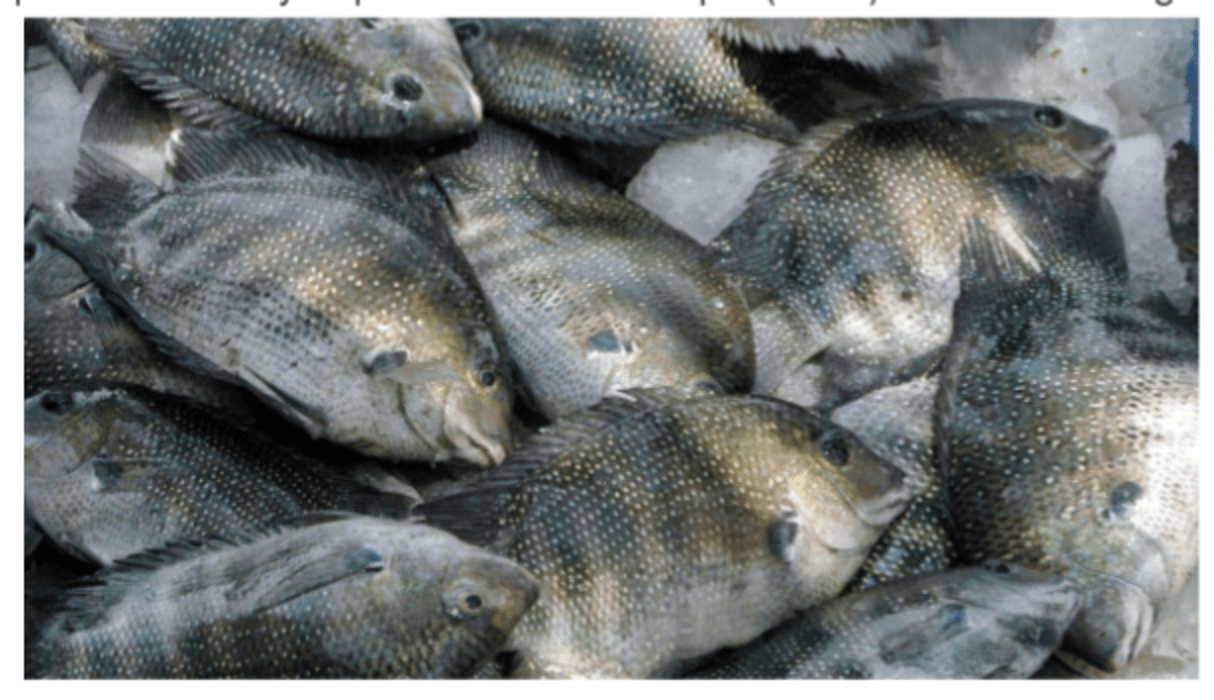News Excerpt:
The Kerala University of Fisheries and Ocean Studies (Kufos) is set to a genome editing mission aimed at revolutionizing pearl spot aquaculture, similar to the impact Genetically Improved Farmed Tilapia (GIFT) had decades ago.

Method being followed:
- Genome editing will specifically target the genetic makeup of pearl spots to promote faster growth rates.
- This advancement will significantly enhance breeding and seed production, providing a major boost to aqua farmers in the state.
- The university is collaborating with the Agharkar Research Institute in Maharashtra, an autonomous entity under the Department of Science and Technology renowned for its expertise in biodiversity and genetics.
- By leveraging the latest technology and tapping into a vast knowledge base, Kufos aims to achieve the desired results in a shorter time frame
Significance of the initiative:
- This initiative is expected to be a significant boon for the state's aqua farmers, allowing them to produce fish that achieve higher body weights more rapidly.
- The University DNA will also publish the sequencing of pearl spots in the public domain.
|
Genome Editing
|


